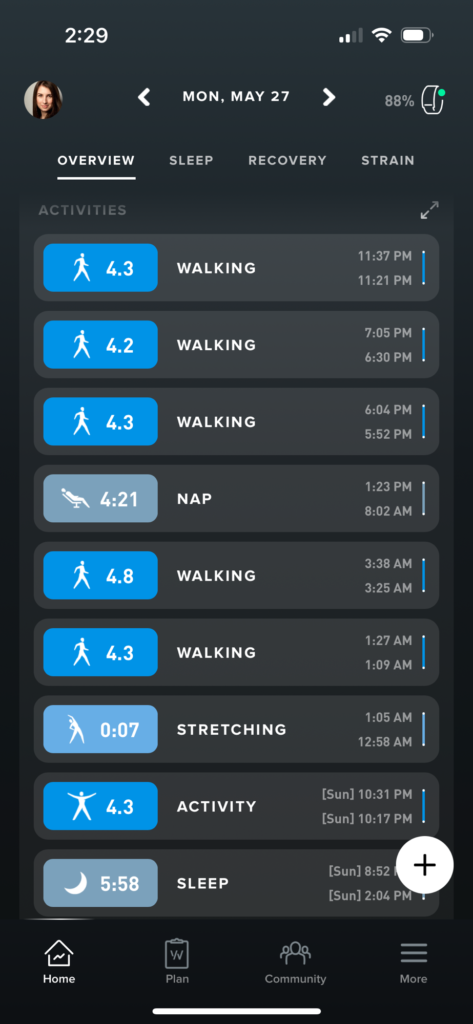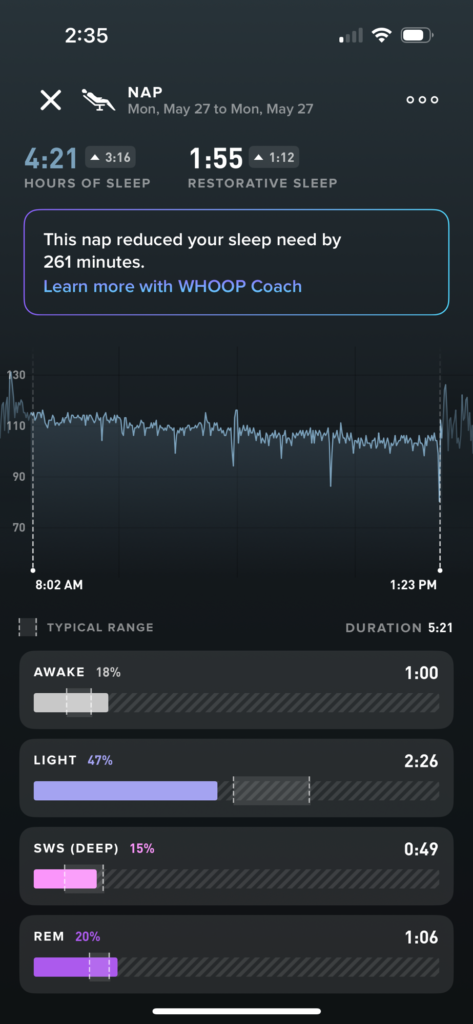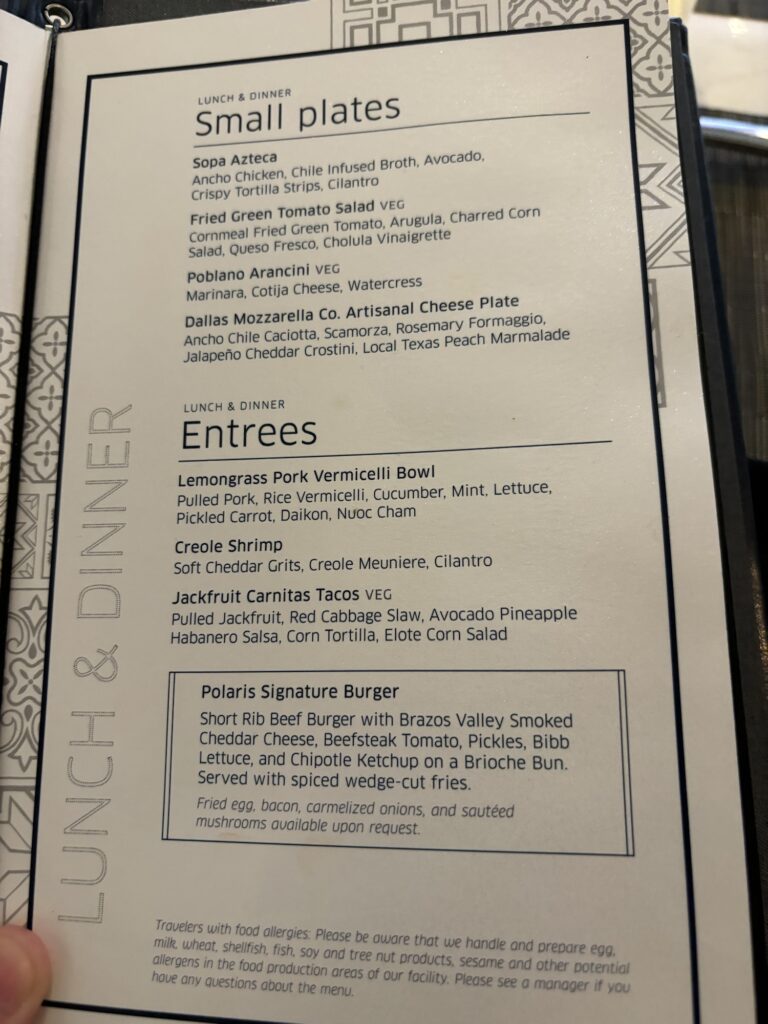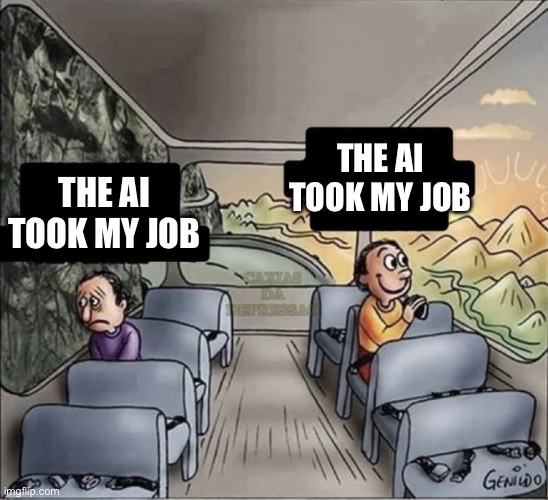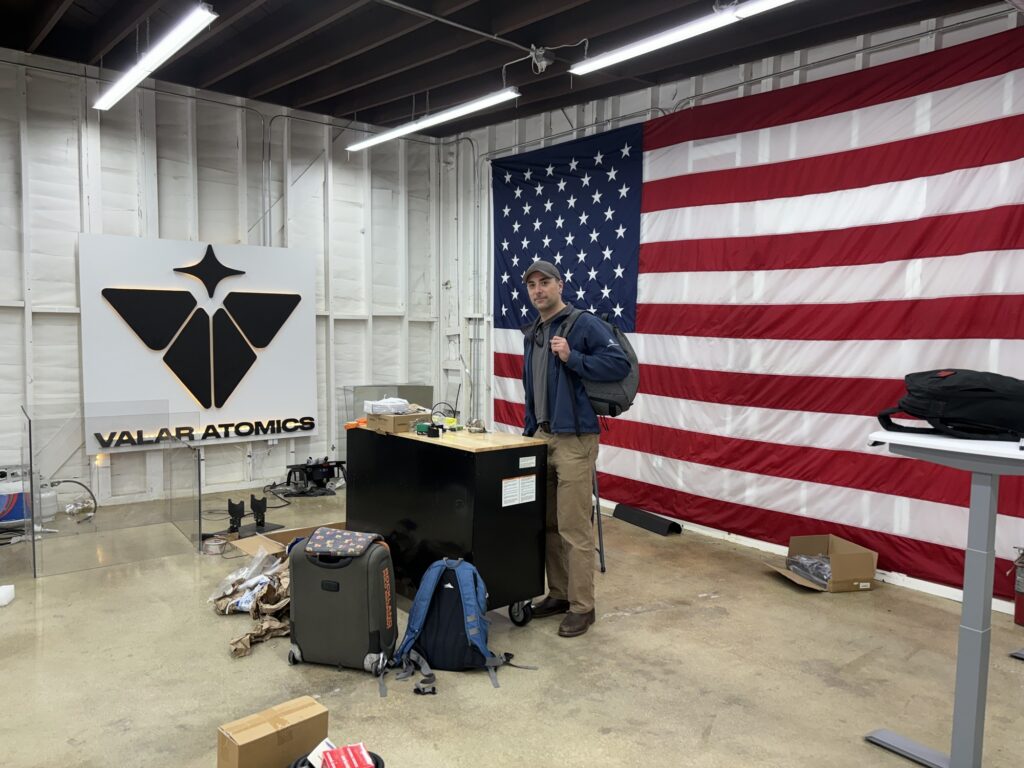I hadn’t expected to have a busy day. I’m really not enjoying having Covid. It’s an inconvenience and it sucks.
But suddenly I was getting all good news from all sides. A startup with a round. Another founder preparing to go out for an enviable raise with exceptional traction. An SPV for a round everyone wants in on. A colleague who had been thinking of taking action on a thesis is going to run an experiment. It’s just all very much my investments and my ecosystem thriving.
I felt like I was in William Gibson’s Jackpot. Incredible things are happening across so many industries and the world is an absolutely chaotic mess. It’s nothing but wars, gerontocracy and resource constraints out there. But here we are working.
Chaos pulls acceleration out of us because we must solve the problems in front of us. War and geopolitical turmoil and climate change require us to shoulder more.
We have real engineering challenges in compute, nuclear, decentralized systems, artificial intelligence and open source to solve to get to meaningful breakthroughs.
The problems are not easy. But our tools are getting better and the compounding effect of this renaissance in intelligence is that we might be able to build for bigger things.
Doomerism wants to focus on how bad things are. And I am the last person to disabuse you of a realistic model of what we are up against. I live off grid in Montana, I own crypto and I like my freedoms.
Humans are resourceful. Given ingenuity and incentive incredible talent has the will to say that I will take on this piece of the future for all of us.
It’s such a privilege to be woven into the ecosystem that is getting us through the Jackpot. And dare I say maybe the application of our ingenuity gets a better result and we can improve on Gibson.
The fictional “jackpot” described in the novels is an “androgenic, systemic, multiplex” cluster of environmental, medical and economic crises that begins to emerge in the present day and eventually reduces world population by 80 percent over the second half of the 21st century
Maybe we can improve on these numbers. We’ve got the doomer version in our imaginations so now we can find a solution. Life, as Jeff Goldblum reminds us in Jurassic Park, finds a way.
